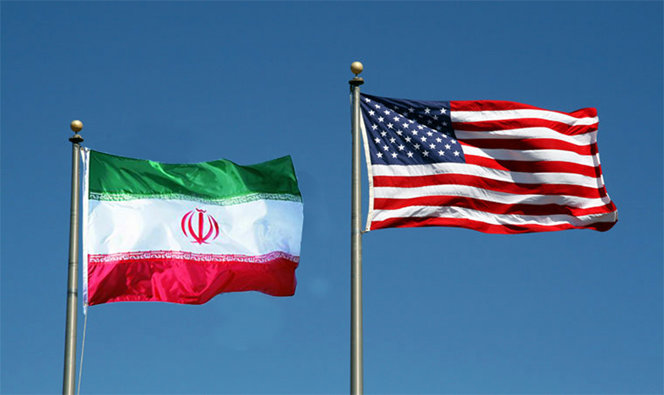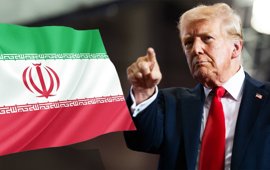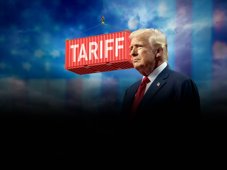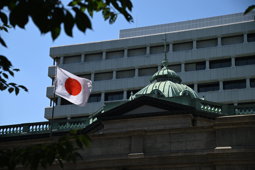
U.S. Sanctions Over Iran Nuclear Links
The United States Treasury Department’s Office of Foreign Assets Control (OFAC) announced on Tuesday that it has expanded its list of sanctioned individuals and entities connected to Iran’s nuclear program. This latest action targets two Iranian nationals and six companies, signaling continued U.S. pressure on Tehran to alter its atomic activities.
Among the sanctioned entities are firms based in China and the United Arab Emirates, alongside Iranian businesses that U.S. officials allege are assisting in the advancement of Iran’s nuclear capabilities. The Treasury Department stated that these individuals and organizations have played critical roles in procurement and support services that further Iran’s controversial nuclear agenda.
The move reflects Washington’s intensifying stance amid deteriorating diplomatic relations with Tehran. Tensions have been high following recent Iranian enrichment developments and growing regional instability. The U.S. government has repeatedly warned Iran that failure to comply with international norms on nuclear transparency could result in significant consequences, including military options remaining on the table.
In response, Iranian authorities have stated they will not bow to external pressure and will retaliate if provoked. Tehran maintains that its nuclear program is solely for peaceful purposes, though Western governments remain skeptical.
The addition of Chinese and Emirati companies to the sanctions list further highlights the international scope of Iran’s alleged supply chain and the Biden administration’s determination to cut off external assistance. The Treasury emphasized that businesses worldwide must ensure they are not contributing, directly or indirectly, to Iran’s nuclear activities or risk exposure to U.S. sanctions.
Officials believe these sanctions will constrain Iran’s ability to access critical materials and financial channels needed to sustain its program. By disrupting commercial and logistical support from key partners abroad, the U.S. hopes to apply sufficient economic pressure to bring Iran back to negotiations or halt its advancements.
This round of sanctions adds to a long list of economic and diplomatic measures the U.S. has used over the years in efforts to curb Iran’s nuclear ambitions. As the situation evolves, global attention remains fixed on how both nations navigate the growing standoff and whether any diplomatic solutions remain viable.






